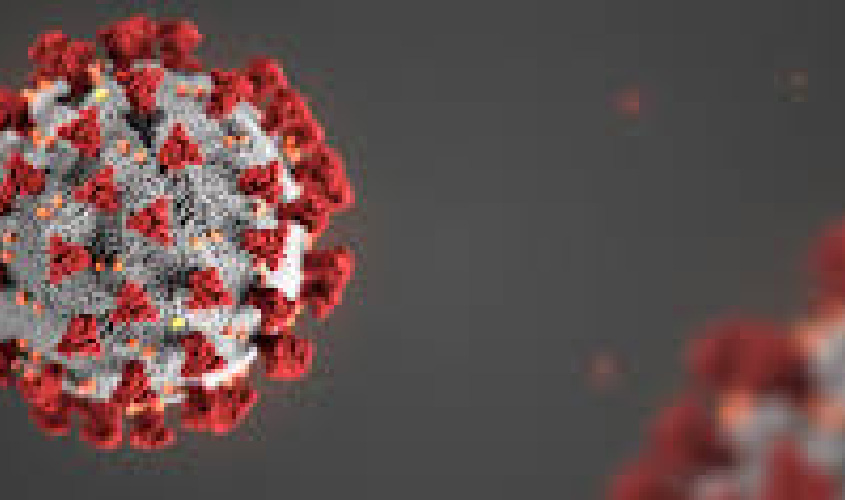The Covid-19 age may result in more services getting done from home, a trend that is expected to multiply in coming decades.
Many of our political leaders (almost all of whose children have studied in English-medium schools throughout their education) repeatedly bewail the ubiquity of the international link language in India, which hosts the second-biggest number of those speaking the language, just behind the US but more than those found in the UK. Someday, India will join what will then be termed the Six Eyes club of nations that coordinate closely with each other in matters of security. Meanwhile, among the common factors linking President Donald Trump, Prime Minister Boris Johnson and Prime Minister Narendra Modi is their vigorous call to avoid fear and panic in this age of the coronavirus. There will be many more Covid-19 cases in the three countries, some of which will end in death
Although China has thus far been the worst affected by Covid-19, besides being the origin of the disease, it must be said that the measures put in place for detection and containment since the closing week of January have been helpful in ensuring that much of the rest of the world reacted in an energetic manner to the risk of a pandemic. The quarantining of a city of 11 million was the shock that brought home to the globe the danger that was spreading invisibly in their midst. Covid-19, probably, made its appearance within some form of animal life in China during October 2019, acquiring the ability to spread from them to human beings a few weeks later. Had authorities in Wuhan understood the toxicity of the new disease by November 2019 and taken steps to limit its spread, China and, subsequently, the world may have been spared substantial grief. It took six weeks between the recognition by authorities in Wuhan that an unknown virus similar to SARS was in droplets settling on multiple surfaces and infecting a growing number of humans. Finally an SOS was sent to the Chinese Communist Party leadership core in Beijing. After this information was received by President Xi Jinping and flagged as a potentially catastrophic crisis, action on a scale with no clear historical parallels got initiated, including the enforced quarantine during the third week of January 2020 of Wuhan and soon afterwards many more cities. Xi’s warning bell was heard across the world, leading governments to initiate steps designed to reduce the risk of facing an epidemic on the scale that China was witnessing. Several of the measures taken had consequences for China, including the prompt action by President Donald Trump and Prime Minister Narendra Modi to cancel visas issued to Chinese nationals intending to visit. While the Indian economy could be better, and hopefully soon will be, the coolheaded manner in which the Government of India (as well as citizens) has responded to what Xi calls the “Devil Virus” has ensured that these be on a manageable level. Trains and flights are still crowded, although foreign travel has been impacted, not least by the fact that a visit to a growing number of countries will entail quarantine on return. Just as both sides of the Taiwan Straits have done, Prime Minister Modi needs to ensure that regulations get passed that would ensure that those quarantined do not lose out on leave. Among the reasons why China is weathering the epidemic better than expected is the fact that society there has gone digital in a much more comprehensive manner than its superpower rival, the US. From movies to foodstuffs to clothes or medicines, almost all such services can be done online. India has a rapacious army of middlemen that denude both producers as well as consumers. Digital systems could replace them, linking producers of food and other consumer items to shops and establishments that sell them, which can then get the same delivered to homes. In this manner, an Amazon would not lead to the closure of shops, or a FoodPanda the shutting down of restaurants. An innovation that needs to be made commonplace is for housewives to cook meals at home and get these picked up for delivery to consumers.
The Covid-19 age may result in more services getting done from home, a trend that is expected to anyway multiply in coming decades. It may generate an expansion of digital-based enterprises, some of which may in future take on Chinese and American rivals. Every threat is an opportunity and India needs to respond to the Covid-19 menace in such a manner.

